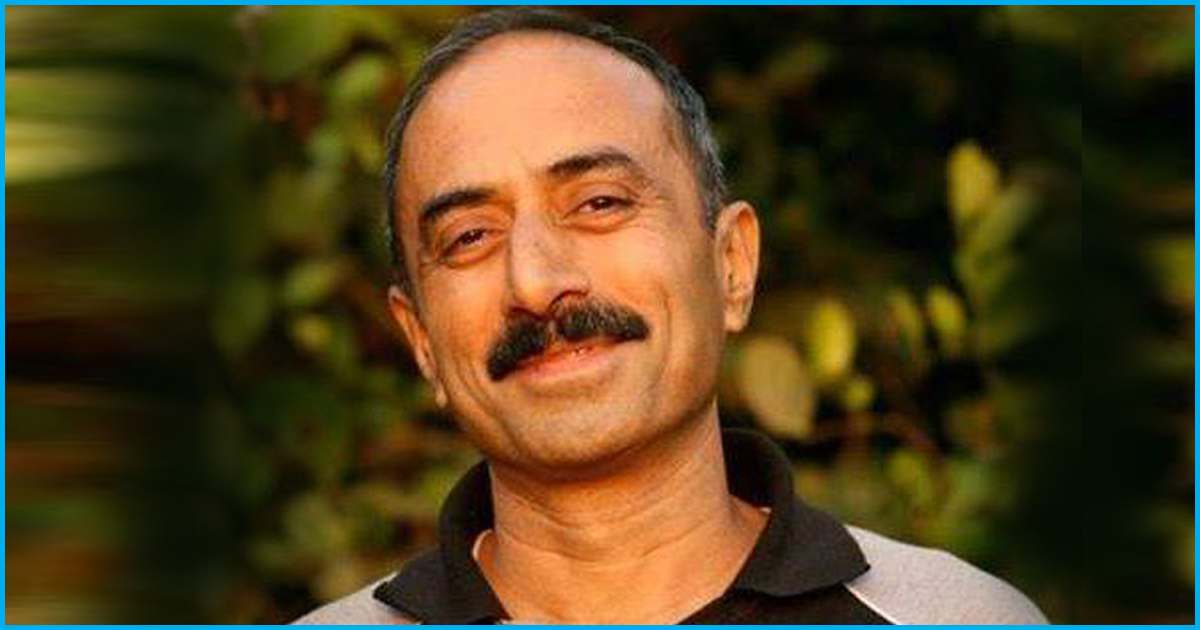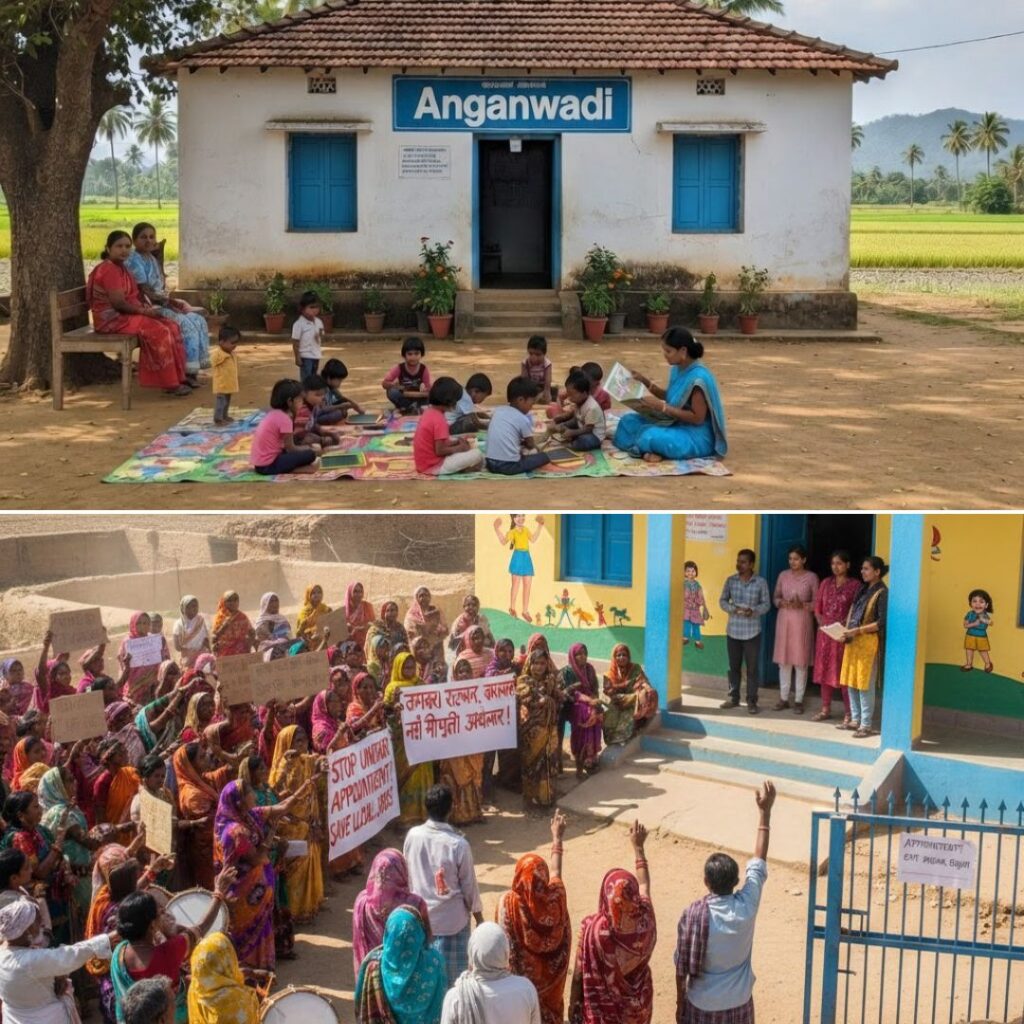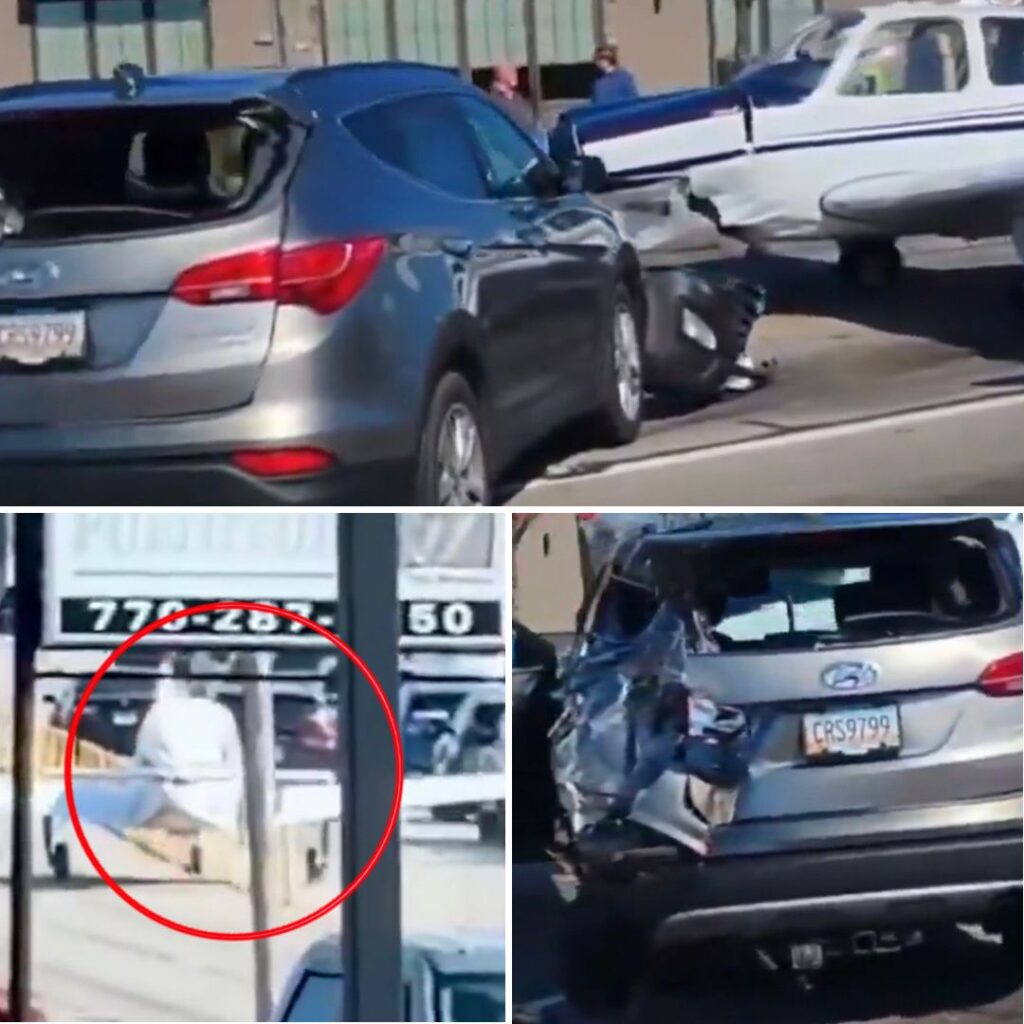Dismissed IPS officer Sanjiv Bhatt, who is the prime witness of the 2002 Gujarat Riots, was arrested on September 5 by the Gujarat police in Connection with a two-decade-old case related to alleged framing of a lawyer accused of possessing opium.
The case
An advocate named Sumer Singh Rajpurohit from Pali district in Rajasthan was arrested in May 1996 by Banaskantha police, Gujarat on charges of possessing around one kg of opium in a hotel in Palanpur. Mr Bhatt was then the Superintendent of Police (SP) in the North Gujarat district adjoining Rajasthan.
Five months later, Rajpurohit filed a complaint in Pali against the then sitting Gujarat High Court judge, Justice Jain, Sanjiv Bhatt and his subordinate police officers. Rajpurohit alleged that he was framed into a false Narcotic Drugs and Psychotropic (NDPS) case. As per the lawyer’s allegations, the police had abducted him and implanted the narcotics in his room. He accused the police of having a motive to frame him in the case so that they could get him vacated from a property which was disputed, and allegedly belonged to a relative of the High Court Judge.
Earlier in 1996, the Gujarat state government extended its support to Sanjiv Bhatt claiming that he was only performing his duty by arresting the accused lawyer.
As reported by The Hindu, the Gujarat High Court in June 2018 directed the CID to investigate the twenty-two-year-old case and hence Mr Sanjiv Bhatt was arrested, though he has not been proven guilty.
The arrest
Sanjiv Bhatt’s wife, Shweta Bhatt, took to social media on Sunday, to bring to the notice of the country about how she has had no updates about her husband since the day of his arrest. She released a letter and a video on social media platforms, stating that her husband’s voice has been stifled and pleaded for support from the nation.

When The Logical Indian contacted Sanjiv Bhatt’s wife, Shweta Bhatt, she mentioned that Mr Bhatt is now located in Palanpur and the next hearing of the case is on October 4th, 2018 in the Supreme Court.
As stated by Mrs Bhatt, her husband was not allowed to interact with his lawyer nor was he given an opportunity to file a “Vakalatnama”. The affidavit was filed by Mrs Bhatt on behalf of her husband. She also told us how the police barged into their bedrooms without giving any explanation or briefing about the case and called it an “emergency case”. “We have lived in Gujarat all our life, and our address is known to the public, when there was no emergency about this case in all these years how is it an emergency suddenly in 2018, without any reinvestigation being conducted,” said Shweta Bhatt.
According to Sanjiv’s wife, the government has appointed fifteen lawyers to fight the case against Sanjiv. She questioned the government regarding the amount of money that is being shelled out with respect to a 22-year-old case and government spending the taxpayers’ money in fighting an age-old case.
She accused the government of being vindictive and is of the opinion that if someone raises a voice against the ruling party they will be put behind bars by digging out old cases which were filed against them. She hopes to meet Mr Bhatt soon in the next few days during the visiting hours and is fighting for his freedom every day.
Shweta Bhatt alleged that Gujarat government is not allowing Sanjiv to sign any document in custody and thus withholding him from approaching Supreme Court. SC took a note of it yesterday and termed the allegations serious. In reply to the allegations, Mukul Rohtagi who is representing the Gujarat govt said they shall reply on Friday.
About Sanjiv Bhatt and his dismissal
Sanjiv Bhatt was a 1988-batch IPS officer of Gujarat Cadre with a masters degree from IIT Bombay. He had a controversial tenure that ended in August 2015 when he was dismissed from service by the Union Home Ministry for “unauthorized absence” from duty, and for not appearing before an inquiry committee and using his official car while not on duty.
However, Bhatt claimed that he was unable to report for work because he was required to attend various legal and investigatory hearings, including those of Nanavati-Shah Commission which had been established by the Gujarat government to probe the Godhra train burning incident on February 27, 2002, in which Bhatt was a key witness.
As reported by The Quint, an ex-parte departmental inquiry was followed after his dismissal and no official explanation was sought from Mr Bhatt. Also, he has been denied his pension and other service benefits which is the right of the officials even when an investigation is being conducted against them.
From December 1999 to September 2002, he worked as the Deputy Commissioner of Intelligence in the State Intelligence Bureau at Gandhinagar. He was responsible for looking after the state’s internal security, border and coastal security, and security of vital installations. He was also responsible for the then Chief Minister Narendra Modi’s security.
During this period, the Godhra train burning and the subsequent Hindu-Muslim riots led to over a thousand deaths in February-March 2002.
Affidavit filed by Bhatt in the Apex Court on 2002 riots
In 2011, Bhatt filed an affidavit in the Supreme Court stating that Mr Narendra Modi, the then Chief Minister of Gujarat, directed the top police officers during the 2002 riots to “allow the Hindus to vent their anger” and “teach a lesson” to Muslims, post the Godhra incident which killed Hindu passengers, reported The Hindu, in April 2011. Bhatt claims to have sent fax messages to major officials soon after the meeting ended, where Modi made those remarks.
A Special Investigation Team (SIT) was appointed by the Supreme Court to investigate the 2002 riots. Mr Bhatt said that during his interactions with the SIT in November 2009, he provided the investigators with all the essential details, but the SIT failed to investigate police officials who could testify Bhatt’s movements on the night in question.
The SIT alleged that the fax messages sent by Mr Bhatt never existed, though Bhatt stated that he had submitted all the evidence in 2009.
In 2015, the Supreme Court ruled Bhatt’s allegations to be “false and baseless”. It further criticised that Bhatt had exchanged emails with rival political party leaders and was being tutored by activists.
State Protection to Sanjiv Bhatt’s family withdrawn
In July this year, the Ahmedabad municipal corporation demolished 92 meters of Bhatt’s house alleging that it was illegal. Bhatt is the prime witness of the 2002 riots, he and his family were provided with a security cover which is now withdrawn by the Gujarat state government, as reported by The Quint.
Also read, Gujarat HC Upholds Clean Chit To PM Modi And Others In Gulberg Riots Case











